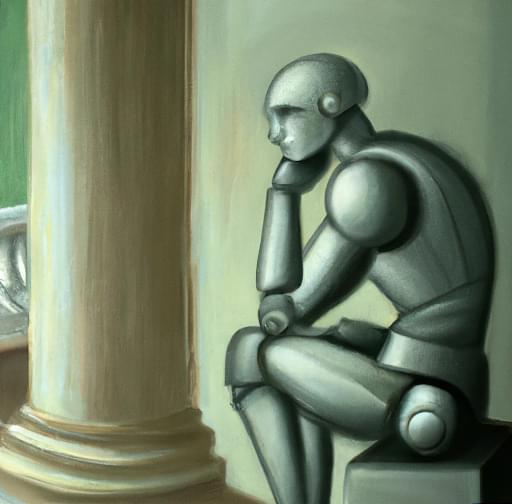Once considered a forbidden topic in the AI community, discussions around the concept of AI consciousness are now taking center stage, marking a significant shift since the current AI resurgence began over a decade ago. For example, last year, Brad Lemoine, an engineer at Google, made headlines claiming the large language model he was developing had become sentient [1]. CEOs of tech companies are now openly asked in media interviews whether they think their AI systems will ever become conscious [2,3].
Unfortunately, missing from much of the public discussion is a clear understanding of prior work on consciousness. In particular, in media interviews, engineers, AI researchers, and tech executives often implicitly define consciousness in different ways and do not have a clear sense of the philosophical difficulties surrounding consciousness or their relevance for the AI consciousness debate. Others have a hard time understanding why the possibility of AI consciousness is at all interesting relative to other problems, like the AI alignment issue.
This brief introduction is aimed at those working within the AI community who are interested in AI consciousness, but may not know much about the philosophical and scientific work behind consciousness generally or the topic of AI consciousness in particular. The aim here is to highlight key definitions and ideas from philosophy and science relevant for the debates on AI consciousness in a concise way with minimal jargon.
